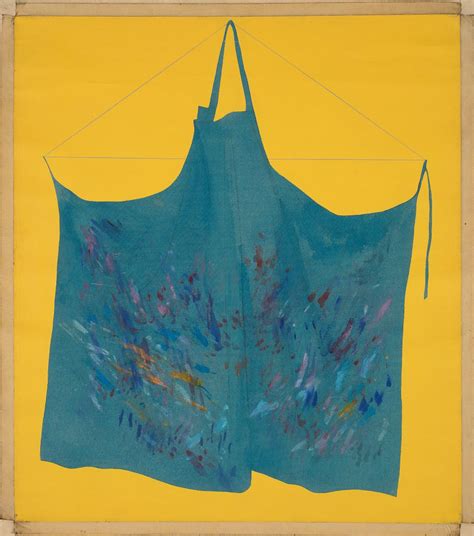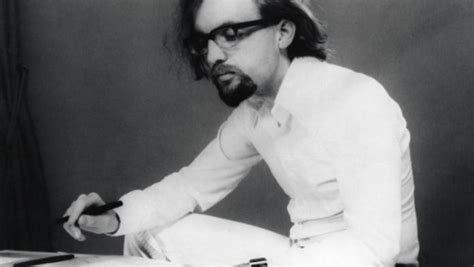A Quote by Nicholas of Cusa
A line partakes of the simplicity of a point more than does a surface; and a surface [partakes thereof more] than does a material object-as was evident. From this consideration of a point and a material object elevate yourself unto a likeness of True Being and of the universe; and by means of [this] quite clear symbolism [of a point] make a conjecture about what has been said.
Related Quotes
Perspective is nothing more than a rational demonstration applied to the consideration of how objects in front of the eye transmit their image to it, by means of a pyramid of lines. The Pyramid is the name I apply to the lines which, starting from the surface and edges of each object, converge from a distance and meet in a single point.
Wonder — the enthusiastic ardor for the sublimity of being, for its worthiness to be an object of knowledge — promises to become the point of departure for genuine insight only where it has reached the stage in which the subject, overwhelmed by the object, has, as it were, fused into a single point or into nothing.
The point is... to live one's life in the full complexity of what one is, which is something much darker, more contradictory, more of a maelstrom of impulses and passions, of cruelty, ecstacy, and madness, than is apparent to the civilized being who glides on the surface and fits smoothly into the world.
May I repeat what I told you here: treat nature by means of the cylinder, the sphere, the cone, everything brought into proper perspective so that each side of an object or a plane is directed towards a central point. Lines parallel to the horizon give breadth... lines perpendicular to this horizon give depth. But nature for us men is more depth than surface, whence the need to introduce into our light vibrations, represented by the reds and yellows, a sufficient amount of blueness to give the feel of air.
[T]he more clamour we make about 'the women's point of view', the more we rub it into people that the women's point of view is different, and frankly I do not think it is -- at least in my job. The line I always want to take is, that there is the 'point of view' of the reasonably enlightened human brain, and that this is the aspect of the matter which I am best fitted to uphold.
The soul is the form of the body, but not as the shape of a statue is formatio et terminatio materiae, for form does not exist apart from material. There is no whiteness without a white object. But the soul is not a form in this simple sense, and in particular, is not the shape of the material it informs. Therefore, the shape of a being does not affect the being's soul, for then something lower would inform something higher, which is impossible.
In a true partnership, the kind worth striving for, the kind worth insisting on, and even, frankly, worth divorcing over, both people try to give as much or even a little more than they get. 'Deserves' is not the point. And 'owes' is certainly not the point. The point is to make the other person as happy as we can, because their happiness adds to ours. The point is -- in the right hands, everything that you give, you get.

































